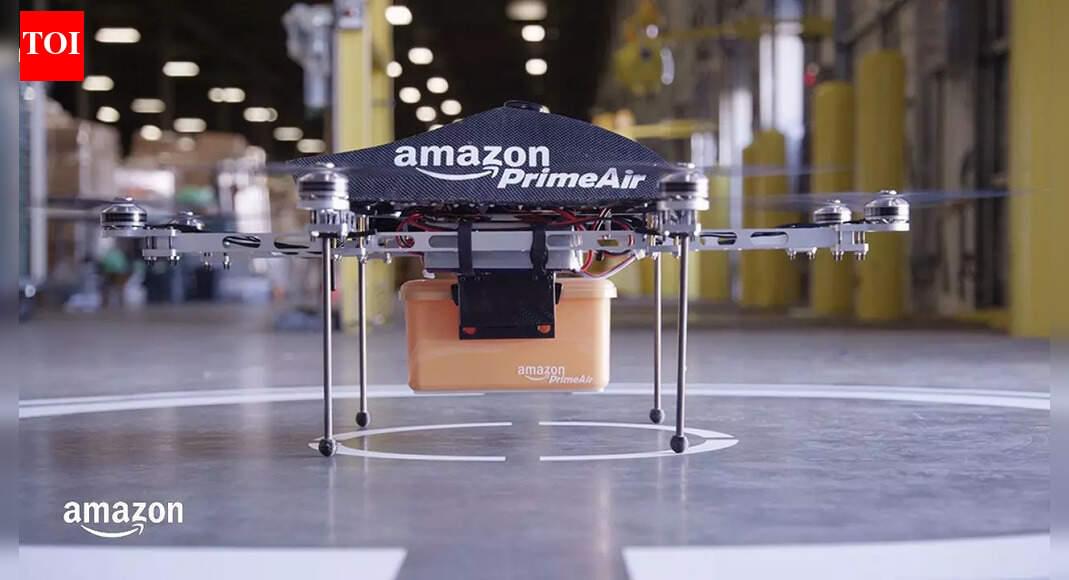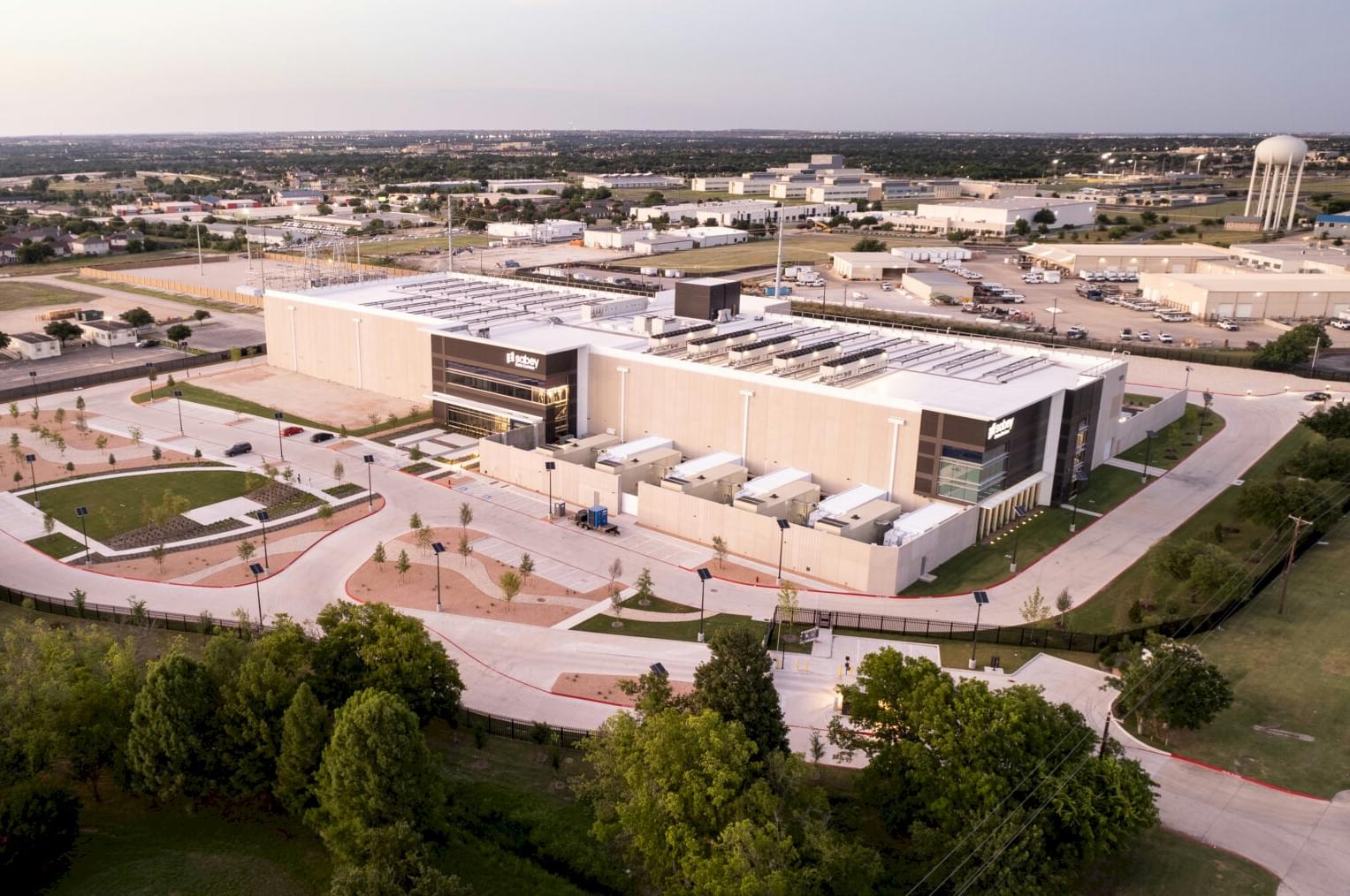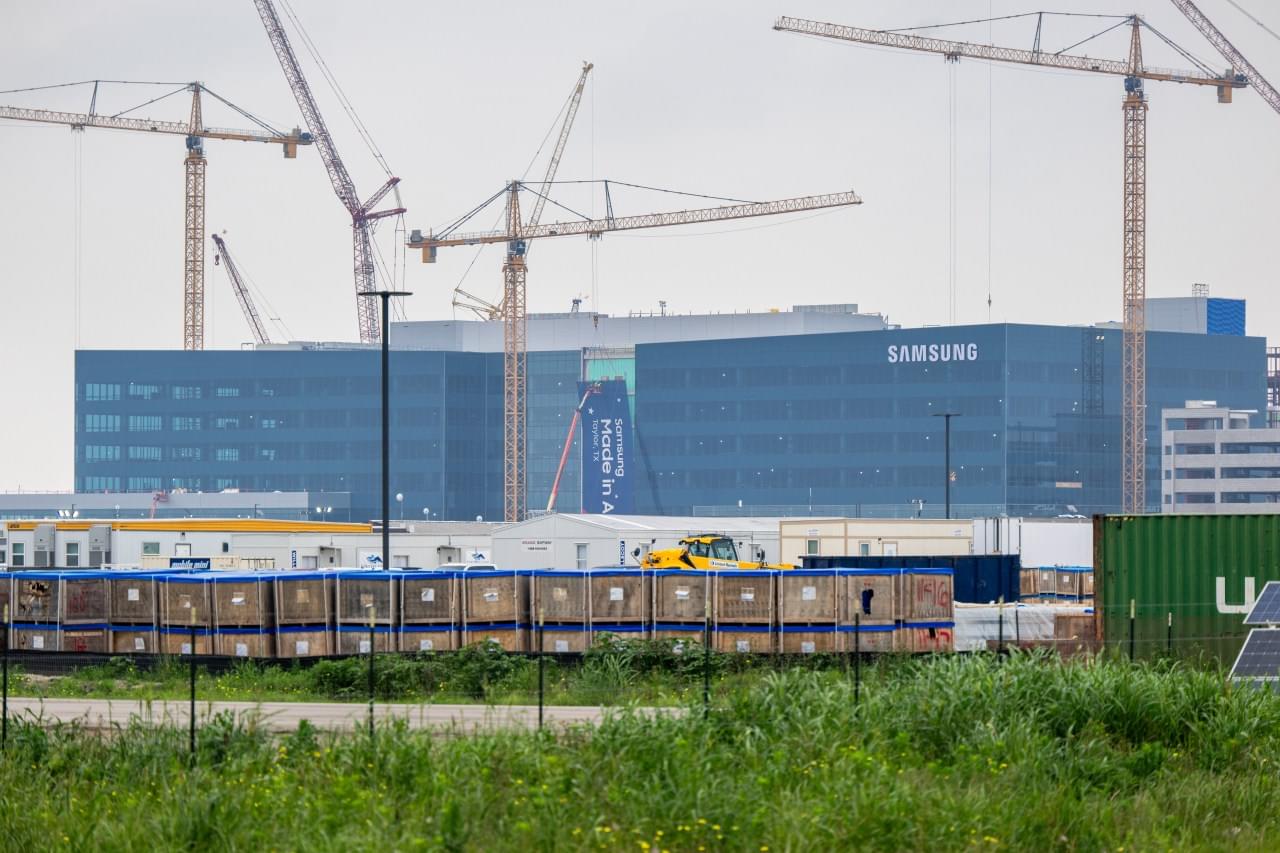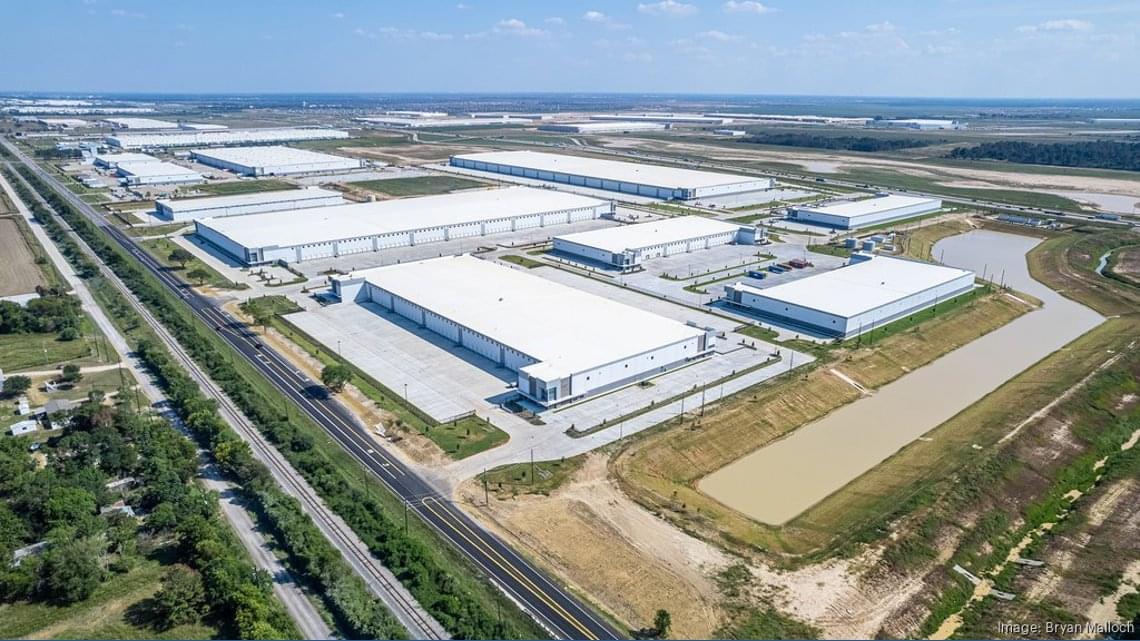As we expected, the “Vista” supercomputer that the Texas Advanced Computing Center installed last year as a bridge between the current “Stampede-3” and “Frontera” production system and its future “Horizon” system coming next year was indeed a precursor of the architecture that TACC would choose for the Horizon machine.
What TACC does – and doesn’t do – matters because as the flagship datacenter for academic supercomputing at the National Science Foundation, the company sets the pace for those HPC organizations that need to embrace AI and that have not only large jobs that require an entire system to run (so-called capability-class machines) but also have a wide diversity of smaller jobs that need to be stacked up and pushed through the system (making it also a capacity-class system). As the prior six major supercomputers installed at TACC aptly demonstrate, you can have the best of both worlds, although you do have to make different architectural choices (based on technology and economics) to accomplish what is arguably a tougher set of goals.
Some details of the Horizon machine were revealed at the SC25 supercomputing conference last week, which we have been mulling over, but there are still a lot of things that we don’t know. The Horizon that will be fired up in the spring of 2026 is a bit different than we expected, with the big change being a downshift from an expected 400 petaflops of peak FP64 floating point performance down to 300 petaflops. TACC has not explained the difference, but it might have something to do with the increasing costs of GPU-accelerated systems. As far as we know, the budget for the Horizon system, which was set in July 2024 and which includes facilities rental from Sabey Data Centers as well as other operational costs, is still $457 million. (We are attempting to confirm this as we write, but in the wake of SC25 and ahead of the Thanksgiving vacation, it is hard to reach people.)






